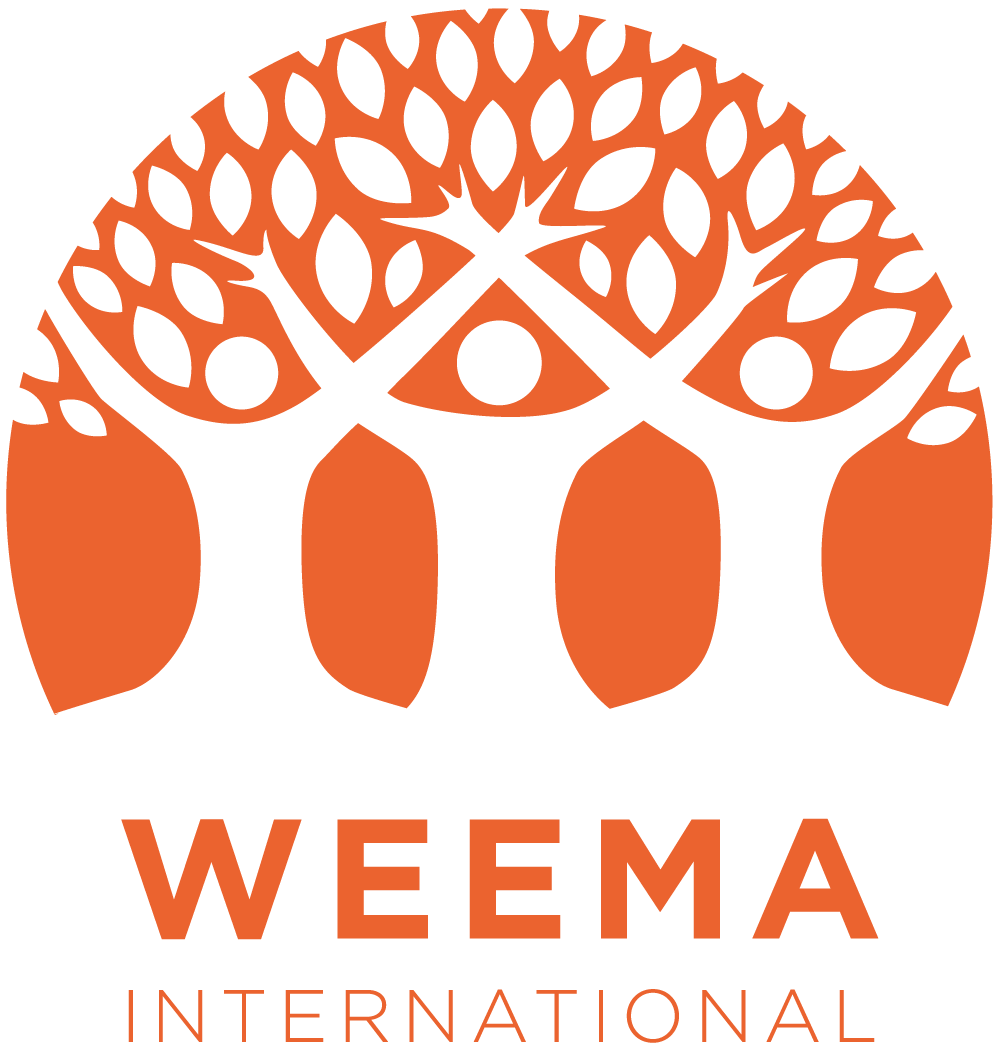Africa’s Early Success in Fighting off COVID-19
Image from screenshot of Johns Hopkins Coronavirus Resource Center (https://coronavirus.jhu.edu/map.html)
Western media headlines about Africa’s readiness for the coronavirus have been predictably doom-and-gloom. “Africa is woefully ill-equipped” wrote the Economist. “African countries fear they are defenseless against inevitable spread,” said Time magazine, citing a dearth of doctors, medical supplies and financial resources to combat COVID-19.
Yet, so far at least, Africa is managing to keep the pandemic at bay. Seemingly against all odds, the world’s fastest-growing continent, with 1.3 billion people, has had far fewer COVID-19 fatalities than even Massachusetts. At last count, African countries have seen an estimated 1,171 deaths, compared to over 1,900 in Massachusetts. Even in densely congested urban hubs where the spread of the deadly virus is more likely, the number of positive cases has been limited.
“The rate of the spread of the pandemic has been slow compared to other countries where thousands of new cases are being reported every day,” said Israel Mitiku, who leads Ethiopia’s health program for WEEMA International. Ethiopia, Africa’s second most populous country with 115 million people, has 116 confirmed cases and three fatalities.
How has this sprawling continent avoided being walloped by COVID-19 – underscoring, of course, that we’re still in the early stages?
One clear advantage is that Africa is a young continent facing a virus that mainly kills the old. Africa’s median age is 20 and only 3 percent of the population in Sub-Saharan Africa is over 65 years of age. Hard-hit countries in Europe, by comparison, are significantly older, making them more vulnerable to serious illness. Nearly a quarter of Italy’s population is over 65.
Africa has also had extra time to watch and learn from other countries. Sub-Saharan Africa confirmed its first positive case on Feb. 27, fully a month after Europe and the United States began seeing positive cases and more than two months after COVID-19 clusters were first reported in Wuhan, China.
As a result, governments responses were extraordinarily quick compared to most Western countries. Within days of the first COVID-19 death on March 9 in Egypt, Nigeria and dozens of other countries had imposed travel restrictions, school closings and bans on public gatherings. Ethiopia closed its schools and banned all public gatherings on March 15; it has since declared a state of emergency and postponed its national election.
Doctors in southwestern Ethiopia, where WEEMA works, say the quick action has been critical in stifling the spread of the virus. “The preparation by the Ministry of Health and health facilities has been strong,” said Dr. Anteneh Tadesse, a general surgeon at the Mudula Primary Hospital, a rural hospital in Kembata Tembaro zone, which has not seen any positive cases so far. He cited the country’s successful hand-washing awareness campaign in particular. “If it had happened like we’re seeing in the USA and Europe, we would now be in a devastating situation.”
Africa’s long history with wide-ranging infectious diseases has also given it a leg up in rallying support against the latest deadly virus. Case in point is the Democratic Republic of the Congo, which has been battling the Ebola virus dating back to the 1970s and is currently fighting a 10th outbreak that has killed more than 2,200. Key actions in fighting Ebola, such as public education campaigns, door-to-door medical outreach and engaged citizens, are now underpinning the country’s response to COVID-19.
“This is almost a déjà vu. People know what’s expected of them,” said Dr. William Clemmer, a medical health specialist at IMA World Health, which is coordinating COVID-19 and other infectious disease work in Goma, a city of two million in the Democratic Republic of the Congo.
Dr. William Clemmer, right, is working with 1,500 community health workers in the Democratic Republic of the Congo on Ebola and COVID-19 prevention efforts.
To be sure, with roughly 1,000 new positive cases being added every day, Africa is far from out of the woods.
The World Health Organization’s top regional official in Africa says that while she is pleased by the political leadership she has seen across the continent, tougher days may lie ahead. “As the epidemic spreads beyond capital cities, the responses also need to spread. Testing also needs to expand beyond the capital cities.,” said Dr. Matshidiso Moeti, WHO’s regional director for Africa.
Testing shortages are endemic nearly everywhere, especially in rural areas that are starting to see more cases. Ethiopia has only done nearly 10,000 tests since the first COVID-19 case was reported on March 13.
Widespread equipment shortages in the event of COVID-19 spikes are another big concern.
“We don’t have the oxygen we need and we certainly don’t have ventilators. There’s only a handful here in Goma,” said Dr. Clemmer, moments after finishing up a third grant proposal to secure more supplies.
Ethiopia faces similar challenges, especially in rural areas. “Health facilities in Ethiopia are challenged by medical supply and equipment shortages under normal circumstances, let alone a crisis like the Covid-19 pandemic,” Mitiku added, citing the dearth of ventilators and personal protective equipment (PPEs). “Our hospitals are not ready if a worst-case scenario happens in the country.”
WEEMA is working directly with the local government in southwestern Ethiopia to identify equipment gaps and coordinate resources. In response to that demand, WEEMA recently delivered $20,000 worth of medical and sanitation supplies to vulnerable rural communities in the Kembata-Tembaro.
And more deliveries are being planned. “The need is critical. WEEMA is looking under every rock, tapping every resource, to get more supplies as quickly as possible to vulnerable rural communities in Ethiopia,” said WEEMA founder Liz McGovern.
If you would like to support these efforts by WEEMA, please visit WEEMA’s COVID-19 response website here.
The World Health Organization estimates that 1,171 people have died from COVID-19 in Africa



